GLOBAL News - NASA Goddard Space Flight Center
September 2018 News Brief Left
News
GLOBE Selects Detroit, Michigan, USA, as Site for 23rd Annual Meeting
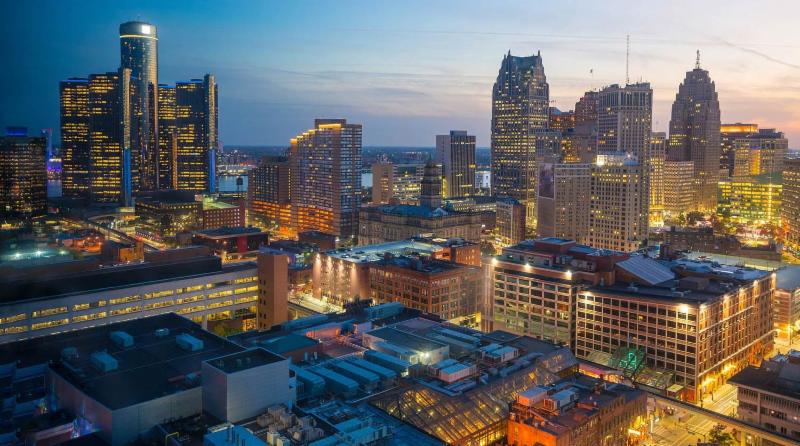
The 23rd GLOBE Annual Meeting will be held in Detroit, Michigan, USA, in the Northern Hemisphere summer of 2019! Stay tuned for more information and updates!
Did You Attend the 2018 GLE in Ireland? Add the New Virtual Badge to Your GLOBE "My Page"

A winner, chosen in a random drawing, has been selected to receive free registration to the 2019 Annual Meeting in Detroit, Michigan, USA: Reiko Nezu, a GLOBE teacher at Kanagawa Prefectural Ikuta High School in Kawasaki, Japan. Nezu was selected from among the group of people who completed the GLOBE Learning Expedition (GLE) survey.
GLOBE International STEM Network (GISN) Website Pages Updated
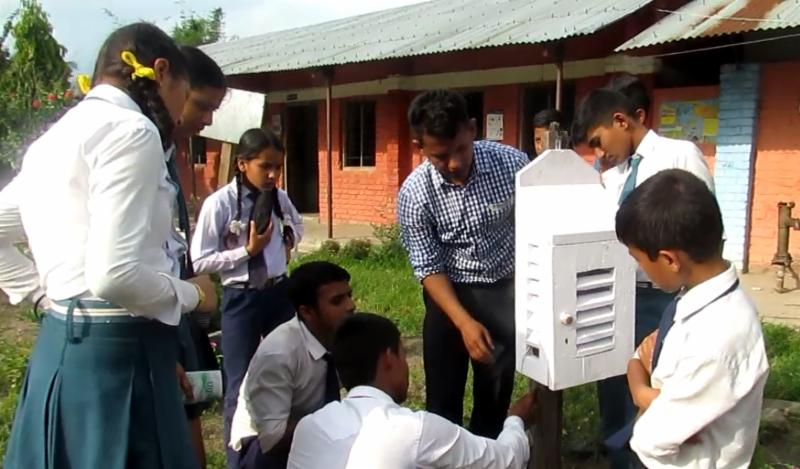
The GLOBE International STEM Network (GISN) pages on the GLOBE website have been updated! If you’re a GISN member, or would like to learn more about joining the GISN, then visit these pages today!
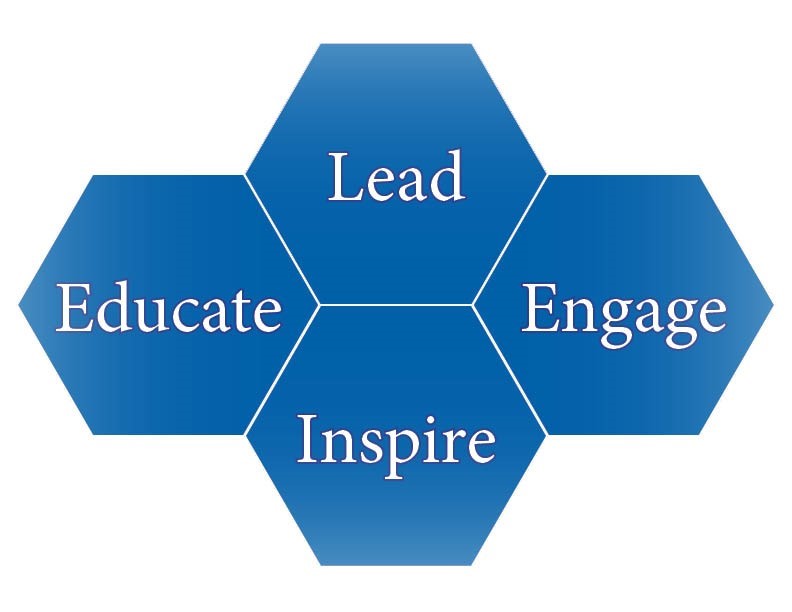
Specific updates include:
- The “GLOBE International STEM Network” information page (https://www.globe.gov/web/globe-international-stem-network/overview) now has more general information about the GISN, as well as specific material on how to participate and the requirements to become a member.
- The "Become a GISN Member Today!" page (https://www.globe.gov/join/become-a-globe-scientist) has been updated with additional information for potential applicants.
- The “Ways to Participate in the GISN” page (https://www.globe.gov/web/globe-international-stem-network/overview/outreach-resources/ways-to-participate) has a newly designed graphic that removes the misconception that different types of participation are hierarchical.
And, most importantly, there is now a form for members to report on their GISN-related activities over the past year. (You can find the link to the form under GISN Resources or visit: https://www.globe.gov/web/globe-international-stem-network/overview/outreach-resources)
Countries in Asia and Pacific Region Begin Conducting Country Mosquito Trainings for GLOBE Zika Education and Prevention Project

This summer, countries in the Asia and Pacific region – including India, Marshall Islands, Nepal, Palau, Thailand, Vietnam, Sri Lanka, and the Philippines – are conducting Country Mosquito Trainings (CMTs) as part of the GLOBE Zika Education and Prevention project.
This cutting-edge project is enlisting citizen scientists in 22 Zika-affected countries in three GLOBE regions (and beyond, as the project progresses) in the collection of data on mosquitoes for a global mapping project. Data collection on this scale will provide the information needed to help international scientists predict new outbreaks. The project, funded through support from the U.S. Department of State, is encouraging STEM studies and building networks with public health officials to better control mosquitoes and reduce mosquito-borne infectious disease.
Earlier this year, in order to launch this endeavor, participants from more than 45 countries attended Regional Mosquito Trainings (RMTs). The RMTs provided participants with hands‑on training covering which types of mosquitoes are breeding in their communities; how to collect larvae samples safely; how to upload photos/data into the global map tracker; and ways to eliminate breeding places. Using a “train-the-trainer” approach, those trained at RMTs are now conducting CMTs in order to expand the number of citizen scientists involved in the project; citizen scientists who will, in turn, conduct Local Mosquito Workshops (LMWs).
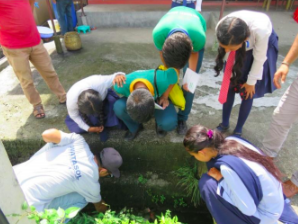
CMT in Nepal (24 July 2018)
The first CMT was conducted in Nepal, on 07 June. Eighteen people participated in the training, which was held in Jwagal, Kathmandu.
GLOBE Nepal also organized a second training, which was held at the Dhulabari Higher Secondary School in Jhapa on 24 July. Twenty-five people participated in this training. The Nepal Country Coordinator, Yogendra Chitrakar, along with Upama Rai Tamla, conducted the trainings.
"With growing temperature and changing climate, mosquitoes have adapted in places where they struggled to survive before,” Chitrakar said. “Moreover, the grave threat of ZIKA is not yet fully discovered by people here. Thus, with this training, we aim to create a conscious group of trainers who can further spread the message for hazard prevention as well as the need for its scientific study of mosquitoes at the local level.”
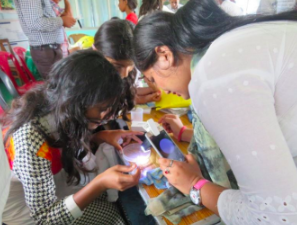
CMT in Nepal (24 July 2018)
“I think GLOBE is a wonderful learning platform,” Rupa, an undergraduate student in environmental science who participated in the training, said. “I especially liked the quiz session and the fact that the training had technical sessions with use of lens for larva study.”
Palau organized its first CMT in July (24-26). Thirty people attended the training, which was held at GB Harris Elementary and Middle School in Korar. Deborah Rebluud, the Palau Country Coordinator, organized the training. Sarah Sugiyama served as the trainer.
The Philippines has two CTMs scheduled, one in August (18-19) at the Batasan Hills National High School in Quezon City, and one in October (04-05) in Palawan City.
To learn more about this critical project, click here.
U.S. Student Research Symposia Helps "Two Stars from the Other Side of the Globe Explore GLOBE to Chart their Futures"
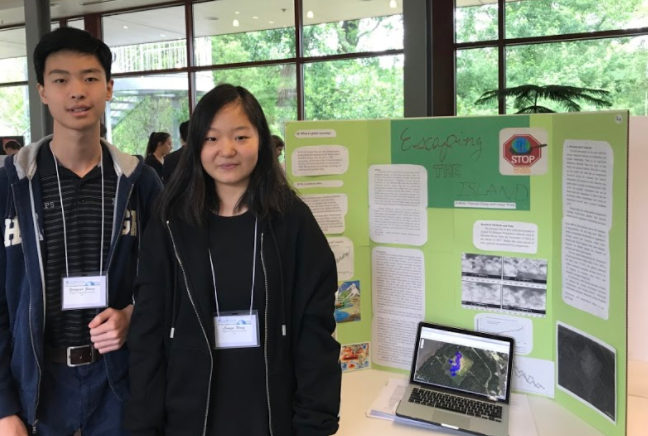
In the spring of 2017, GLOBE held six regional Student Research Symposia where teachers and students from schools across the country shared the results of their field investigations using GLOBE program data collection protocols. In a series of feature stories, GLOBE is highlighting some of the teacher/student teams who presented at these symposia.
The most recent feature story, “Two stars from the other side of the globe explore GLOBE to chart their futures,” highlights two Chinese high school exchange students, Andrea and Andy, who knew from an early age that they wanted to explore secondary education in the United States. In the spring of 2017, Andy and Andrea accepted the challenge of presenting their GLOBE-related work at the Northeast/Mid-Atlantic Student Research Symposia (SRS) in New Jersey, USA.
“The project we took to the GLOBE regional symposium is called Escaping the Heat Island,” Andrea explained. “We live south of New Jersey, very near to Newark. We wanted to observe a heat island effect, the abnormal temperature in city areas from skyscrapers, buildings, and the movement of the wind. There are many causes that lead to the difference of temperature in this city of islands,” she said.
How did their SRS adventure turn out? To read the full feature story, click here!
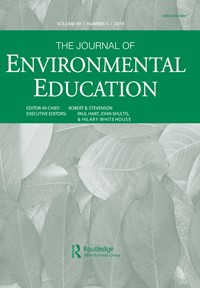 Recent Article Discusses the Meaning Attributed to The GLOBE Program by Former Czech Republic Participants -- How Did They Interpret the Program
Recent Article Discusses the Meaning Attributed to The GLOBE Program by Former Czech Republic Participants -- How Did They Interpret the Program
A recent article, “The GLOBE Program: Long-term Memories of Program-relevant Experience,” published in The Journal of Environmental Education, discusses a study analyzing the meaning attributed to The GLOBE Program by former participants in the Czech Republic.
The article, written by Karolina Winklerova, Jan Cincera, Sarka Krepelkova, and Roman Kroufek, presents data collected during interviews with 19 adult respondents who had left the program at least five years earlier. According to the abstract, “The respondents interpreted the program as a strong community shaped by routine as well as extraordinary program activities and by their relationships. The respondents linked their GLOBE experience with the feeling of being part of something meaningful. The program provided them with a special privilege to experience something different from their non-participating peers. Their participation in the program influenced the respondents' future life and in some cases their professional career. The study discusses the implications in respect to environmental education practice.
To read the full article, click here.
Interested in other GLOBE-related publications? GLOBE has a long history of sharing impact and science findings through peer-reviewed publications on the GLOBE website. The peer-review process ensures that published articles represent the best scholarship currently available. Each article that is submitted to a peer-reviewed journal is sent to other scholars in the same field in order to get their opinion on the quality of research, the relevance to the field, and its appropriateness for inclusion in the journal.
GLOBE Teachers: Can Your Students Differentiate Between Weather and Climate? Read this Community Blog and Take Steps to Find Out!
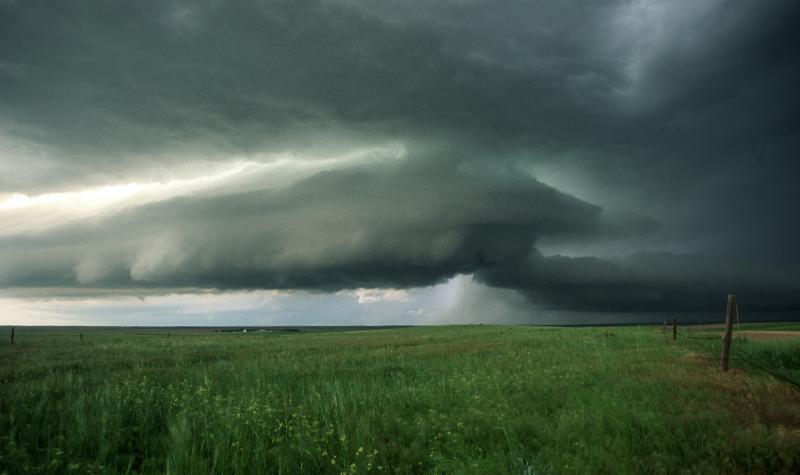
In a recent GLOBE Community Blog, meteorologist and educator Tina Johnson Cartwright describes her launch of an international research study seeking to understand how well students from around the world differentiate between weather and climate, and how well they understand the complex ideas of climate change.
In her blog, she is seeking teachers willing to have their students take 20 minutes to complete a 25-question feedback survey. (Students should be between 11 to 22 years of age. Survey responses are anonymous.) Survey results will be shared with the community through future blog posts.
To read the blog and connect to the survey links, click here.
To read other recent community blogs, click here.
What’s your GLOBE story? As a vital part of the GLOBE community, you are cordially invited to blog on the GLOBE website. Respectfully voice your opinion, ask questions, share tips, and tidbits – and make meaningful connections with members of the community today!
The GLOBE Community Support Team (CST) has recorded a new, updated, demonstration video on how to create your blog post. To watch the video, click here. We want to hear your GLOBE story today!
The GLOBE Social Team Would Like to Tell Your Story ... on Instagram!
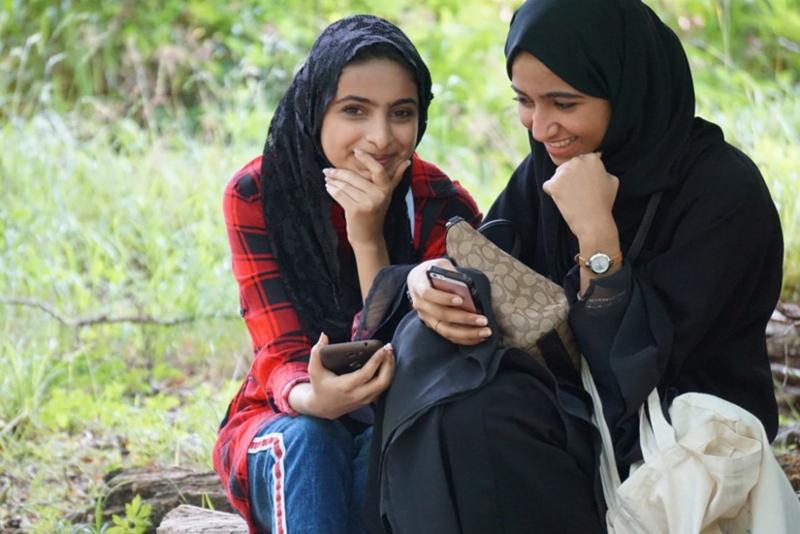
There are so many great events, workshops, school activities, and more going on within the GLOBE community, and unfortunately, GLOBE’s social team cannot attend every event. So GLOBE is asking for your help (students, teachers, STEM professionals from all regions, countries, and schools) in showcasing these GLOBE experiences. Just take short videos and pictures, and then submit them to the GLOBE’s Instagram account. Share your story today!
To learn how – and to join in on the fun – click here!
News Topics: News Briefs type: globe-newsNews origin: GLOBE Implementation Office





